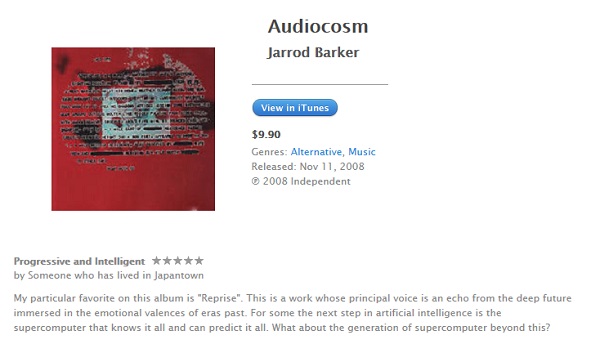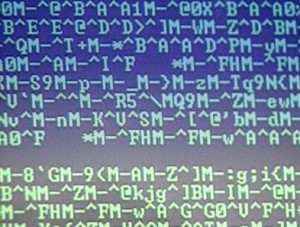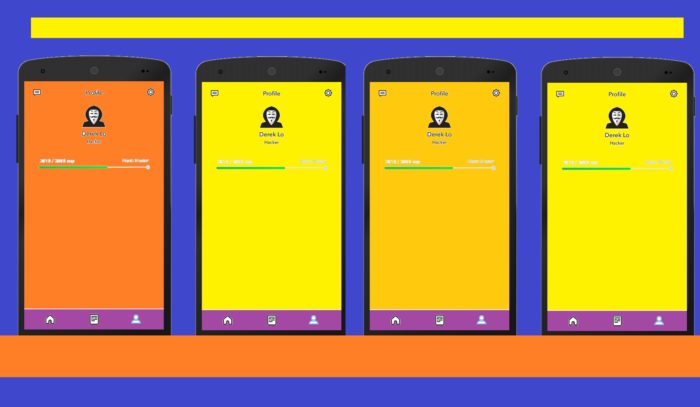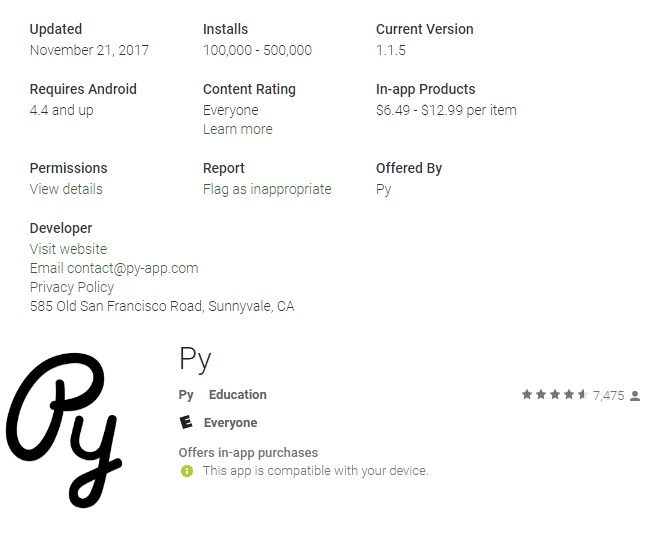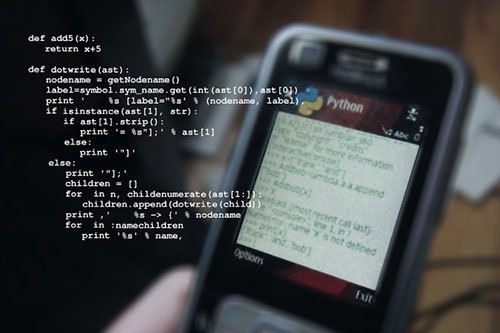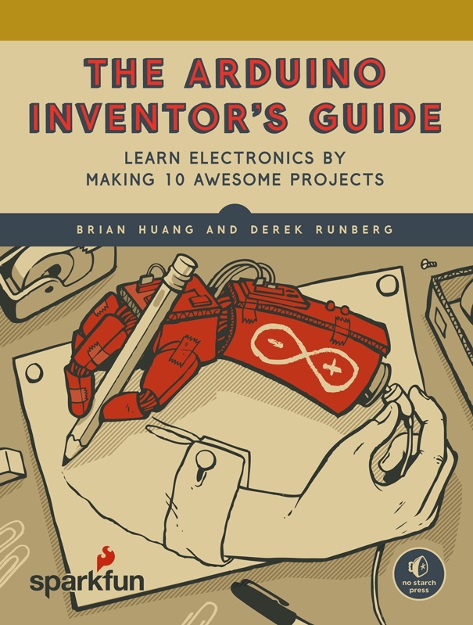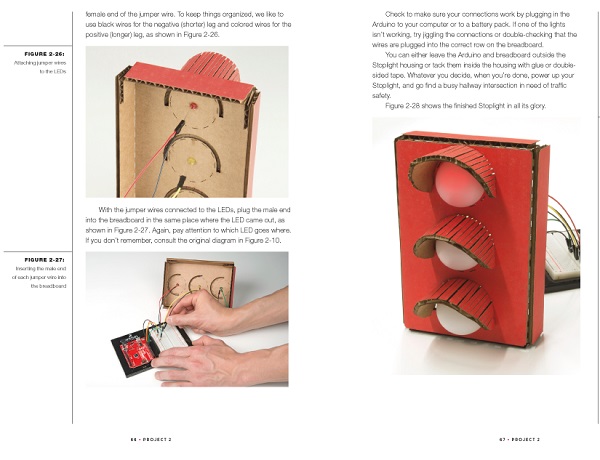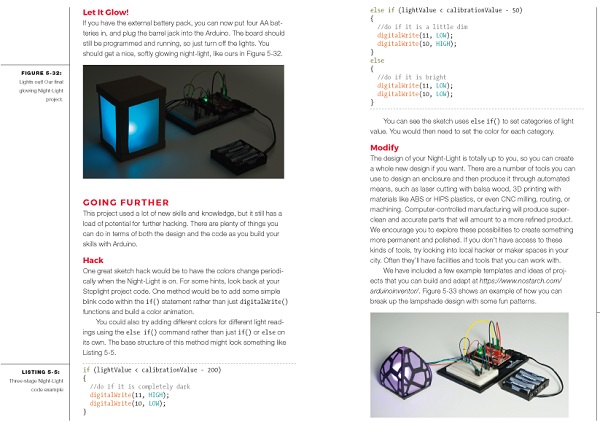 What happened when Katya Eames, a 16 year old female dropped out of High School and joined the tech world by enrolling in a coding school?
What happened when Katya Eames, a 16 year old female dropped out of High School and joined the tech world by enrolling in a coding school?
Joe Eames, her father, is a successful programmer. He believes in empowering youth and females, through technology. He got his daughter involved in some basic exposure to programming and web development. The more she got involved, the more empowered she felt.
Katya was selected to speak at one of the largest recent gatherings of web developers, ng-conf. Following, she attended an event where she taught Governor Herbert of Utah how to code. Katya will complete her high school requirements using an online high school.
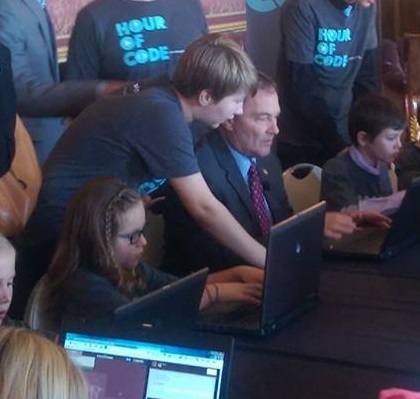
What are the thoughts of a high school age female about dropping out of school to attend DevMountain, a coding school in Utah?
- What do you think was missing from your High School experience in terms of your personal interests?
What I think was missing from my high school experience was the ability to actually learn, and to try new things and grow at your own pace. It seemed less like they wanted you to learn, and more like they wanted you to pass tests.
- Was it difficult to transition to coding school at your age?
It was. In high school it was easy for me to not pay much attention and do my assignments at the last minute but still get relatively good grades. Then at DevMountain, I had to manage myself and had no grades to try and earn. It was definitely very different from high school.
- How important was the role of your father, a professional programmer, in helping you make your decision?
He was really important in my decision because he was an example of how successful I can be doing something I love, and he was really supportive of me choosing to do it though it’s not the normal way to go about getting an education.
- Are you finding the online, high school learning experience something you can easily handle?
I haven’t started yet, but from what I’ve seen and heard from friends who do online schooling, it seems to be much more my speed than traditional public schooling.
- Would you encourage other members of your generation to think about their options while still in high school, and perhaps go into coding?
Definitely. You should explore your options as much as you can in high school, even if it doesn’t seem like something you would like. You never know when you’ll discover something you seem to have a natural talent/understanding for, or something that excites you that you never thought to pay attention to (or especially something you thought only those of the opposite sex are supposed to do).
- Do you think that members of your generation are particularly adept with computers and likely prospects for a coding school experience?
I do. Those in my generation, and the younger Millennials, have grown up with technology always nearby. We know how to use it and we understand newer technology easier than others. Everyone in my generation has ideas on how to make our world better for us and our siblings and our future children. Programming and computer sciences, along with the other sciences, are great ways for us to advance the world in the direction we want it to go.
- Have you begun to make an income with your coding knowledge? Are you in the market for a coding job as an employee or contractor?
I have started making an income, not solely on my programming, but also on my unique views as someone who wants to know what they want to do in life at a young age in has taken a very untraditional route to pursue that career. As of now I am in the market for smaller projects while I finish school and continue learning.
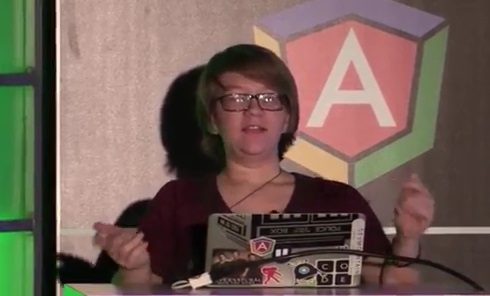
- What do your friends think of this, leaving high school and learning a skill early on in life where you can make an income?
Some of them were worried first about my sudden decision to drop out of school in the middle of my junior year, but now they’re all very supportive of me and think it’s really cool that I’m able to pursue what I want to do. (though they all have the same complaint of missing me at school.)
- Lastly, what are the ideal personality characteristics for a young person to become involved and succeed at coding school?
They need to be willing to push themselves and manage their own time. They also need to be able to be critiqued regularly by those who are more experienced than them and know that most, if not all, critiques are done with good intentions. You need to be willing to continue learning. Technology is always changing, and so the languages we use to program that technology have to constantly adapt. You never know everything there is to know when you’re a programmer.
About DevMountain
DevMountain started in 2013 in Utah. With over 300 graduates, two campuses, and six course offerings, DevMountain is the largest coding/technology school in the Intermountain West, and one of the highest rated coding schools in the United States.
Supplemental- Could Amazon’s AWS Lambda signal a new future for ‘automated coding’?
